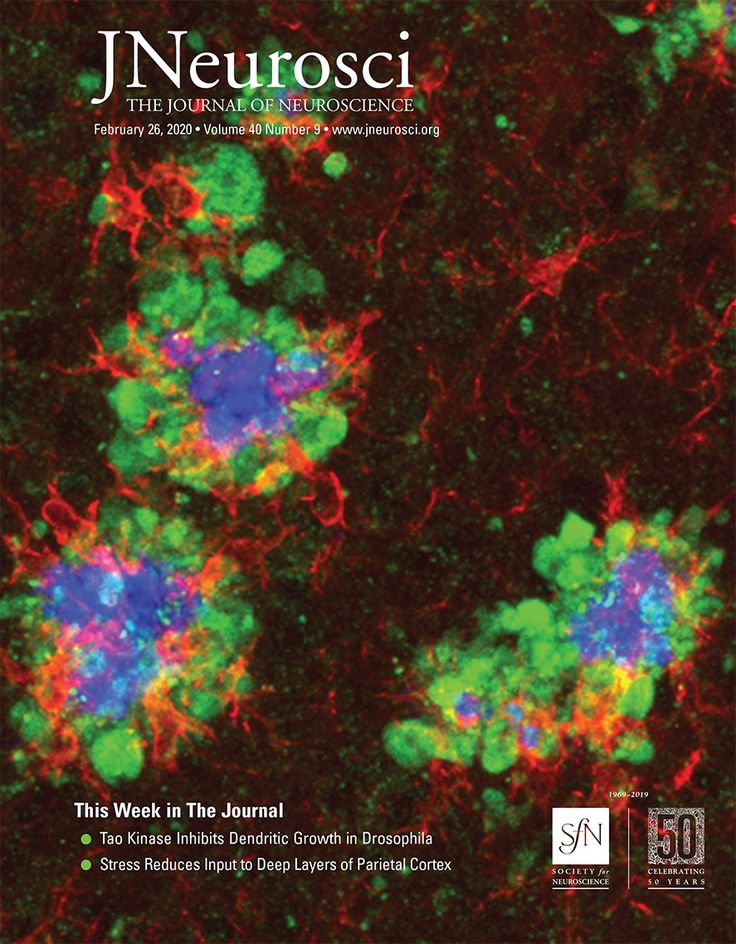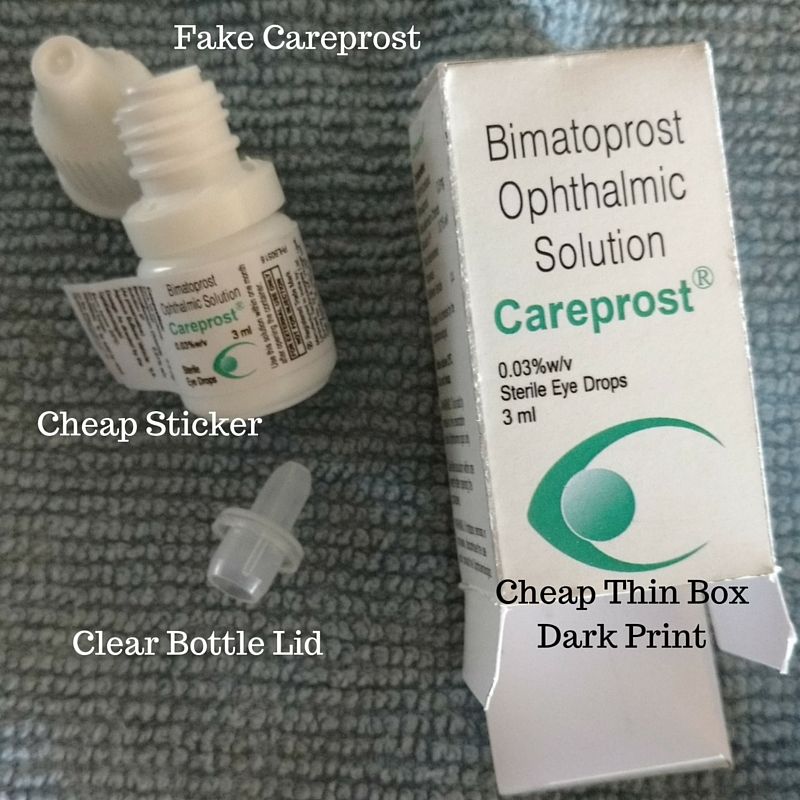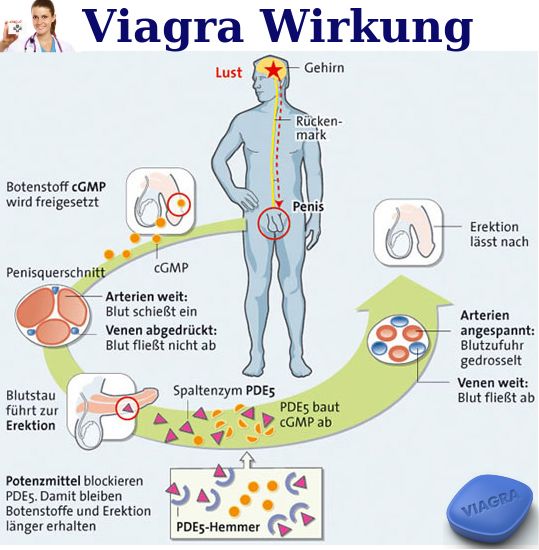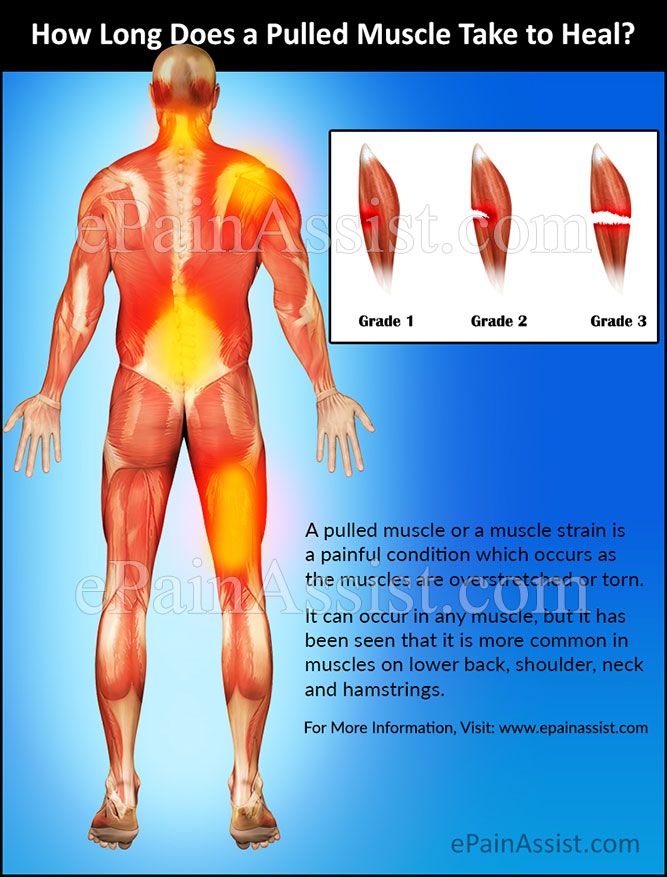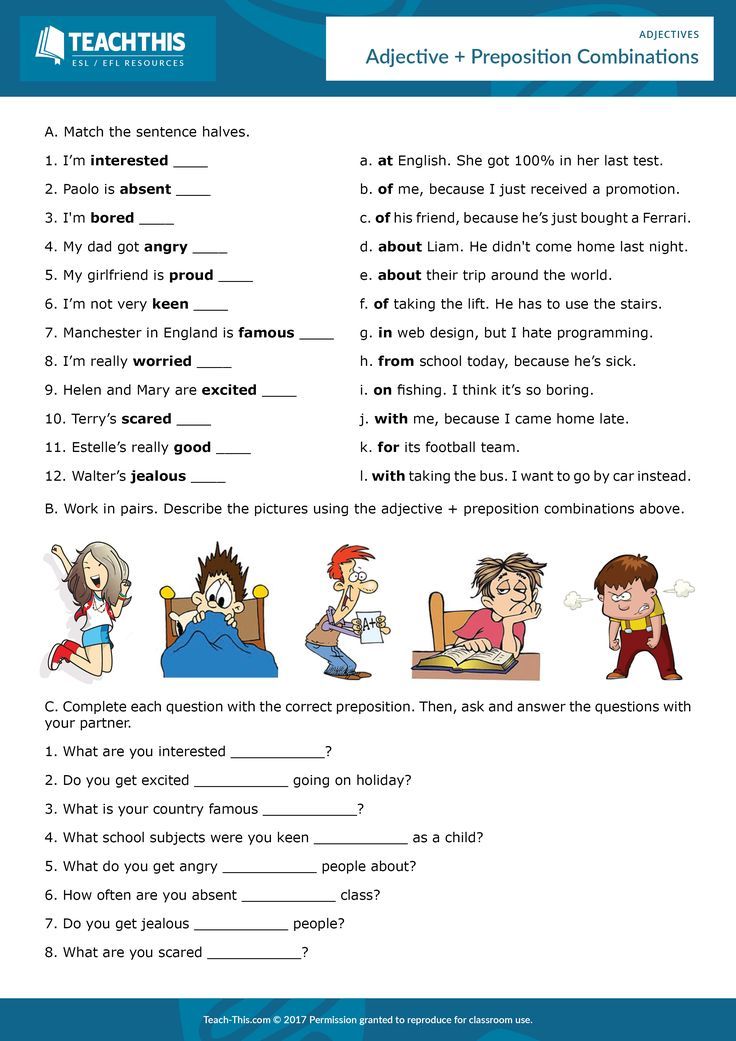Stress induced memory loss
Can Stress Cause Memory Loss?
Long-term stress leads to elevated stress hormones that may impact areas of your brain responsible for memory and focus.
When students study for an exam, the stress of performing well may be motivating initially. But experiencing that stress for too long could have an impact physically and mentally.
During stressful situations, it can be difficult to create short-term memories and make them long term. It’s hard to remember information while stressed.
Chronic stress can alter the parts of the brain responsible for forming and recalling memories.
Stress can have positive and negative effects on memory. The difference lies in short-term or long-term stress, known as chronic stress.
“Short-term stress can help us with focus, energy, and attention,” says Ernesto Lira de la Rosa, a psychologist and the media adviser for Hope for Depression Research Foundation.
“It can help us get things done. This type of stress is useful for our survival as human beings. It can also positively contribute to our memory as this type of stress can enhance our attention and focus,” he says.
Our bodies are so good at helping us survive that they will adapt to our stressors, Lira de la Rosa says.
When you experience these stressors, your body shifts into a fight, flight, or freeze response, a physiological reaction to something your body has perceived as a threat. In these moments, our goal is to survive the situation at hand.
Lira de la Rosa also explains that our bodies can habituate to stress, and we may not be aware that our baseline has shifted to a chronic stress response.
During a chronic stress response, areas of the brain can be overstimulated, which can cause a person to forget what happened.
It explains why we may have difficulty recalling events when experiencing chronic stress. We may also have trouble focusing and remembering things over time.
“When you’re stressed, your body releases hormones that can interfere with your hippocampus’s ability to create new memories,” says Valentina Dragomir, a psychotherapist and founder of PsihoSensus. “Chronic stress can shrink the hippocampus, a brain region critical for memory formation.”
“Chronic stress can shrink the hippocampus, a brain region critical for memory formation.”
During stressful times, there are numerous things you can do to improve your memory. Stress can affect everyone differently, but various coping strategies may help you based on your unique experience.
Consider speaking with a healthcare professional who can support you in finding strategies that best fit your needs. The following are some suggestions to consider.
Try taking inventory of how you respond to stress
Lira de la Rosa recommends that you observe the following:
- Examine what effects stress has on your body (physical sensations), such as headaches, stomachaches, muscle tension, etc.
- How does stress impact your mindset (thinking), such as difficulty with focus, prioritizing, forgetfulness?
- Note how stress impacts your mood. Are you feeling irritable, sad, anxious, angry, emotionally drained?
- Examine how stress impacts your behaviors.
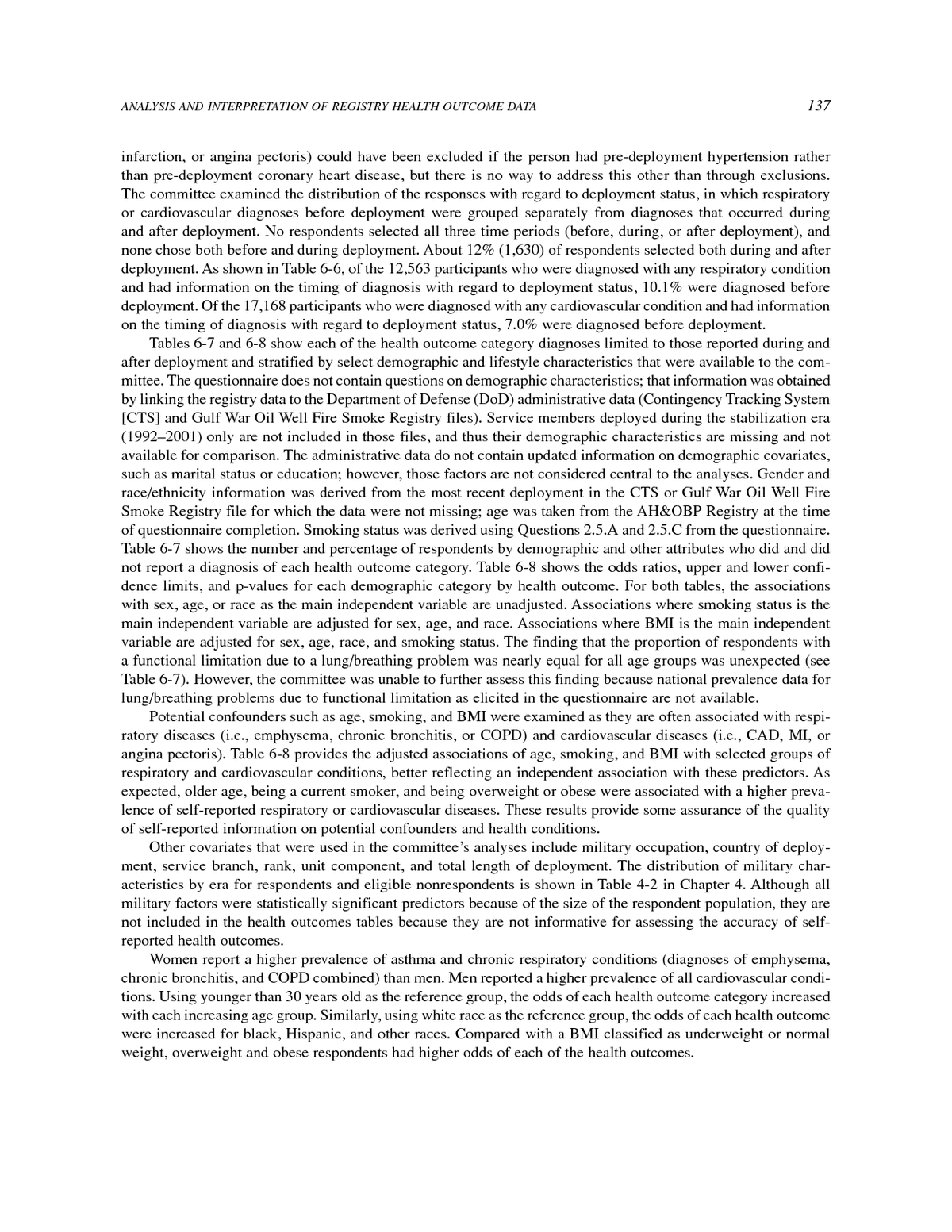 For example, do you find yourself always in a hurry, eating too fast, not taking breaks, etc.?
For example, do you find yourself always in a hurry, eating too fast, not taking breaks, etc.?
Once you take inventory, you might begin to notice how stress impacts you across these four dimensions. This may help you address these areas to reduce stress and help with your memory.
Try this to-do list exercise
“When we’re stressed, we may not be able to get things done because we feel overwhelmed. Or perhaps we may not be able to focus and concentrate due to the negative impact stress has on our memory,” Lira de la Rosa explains.
Consider the following to-do list exercise to help you prioritize the most important tasks to you.
Divide your to-do list into A, B, and C sections.
- In the “A” list, write down the most important tasks that should be done soon.
- In the “B” list, write down the less important tasks that can be done later.
- In the “C” list, write down the least important tasks that can be done quickly and easily.

Work through the A, B, and then C tasks in order.
Consider having a separate sheet of paper and keep track of distractions that may arise. Every time you’re distracted, write down the distractions on this sheet.
Once you are finished with your A, B, and C tasks, you can then add the distractions to your to-do list. This to-do list can help with your memory, especially if you find yourself easily distracted and forgetful when trying to accomplish tasks.
Consider prioritizing time to care for you
When we’re stressed, exploring what fills our cups can help us cope with stressors. Consider thinking about what helps you feel recharged.
If you like, you can write down the activities that recharge you and observe how engaging in these activities makes you feel. This exercise may help improve your memory and reduce your stress.
You may also consider breaking it into different categories, such as:
- leisure time
- relationships
- health
- work
- education
- volunteering
Try eating a balanced diet
Taking care of your body is essential.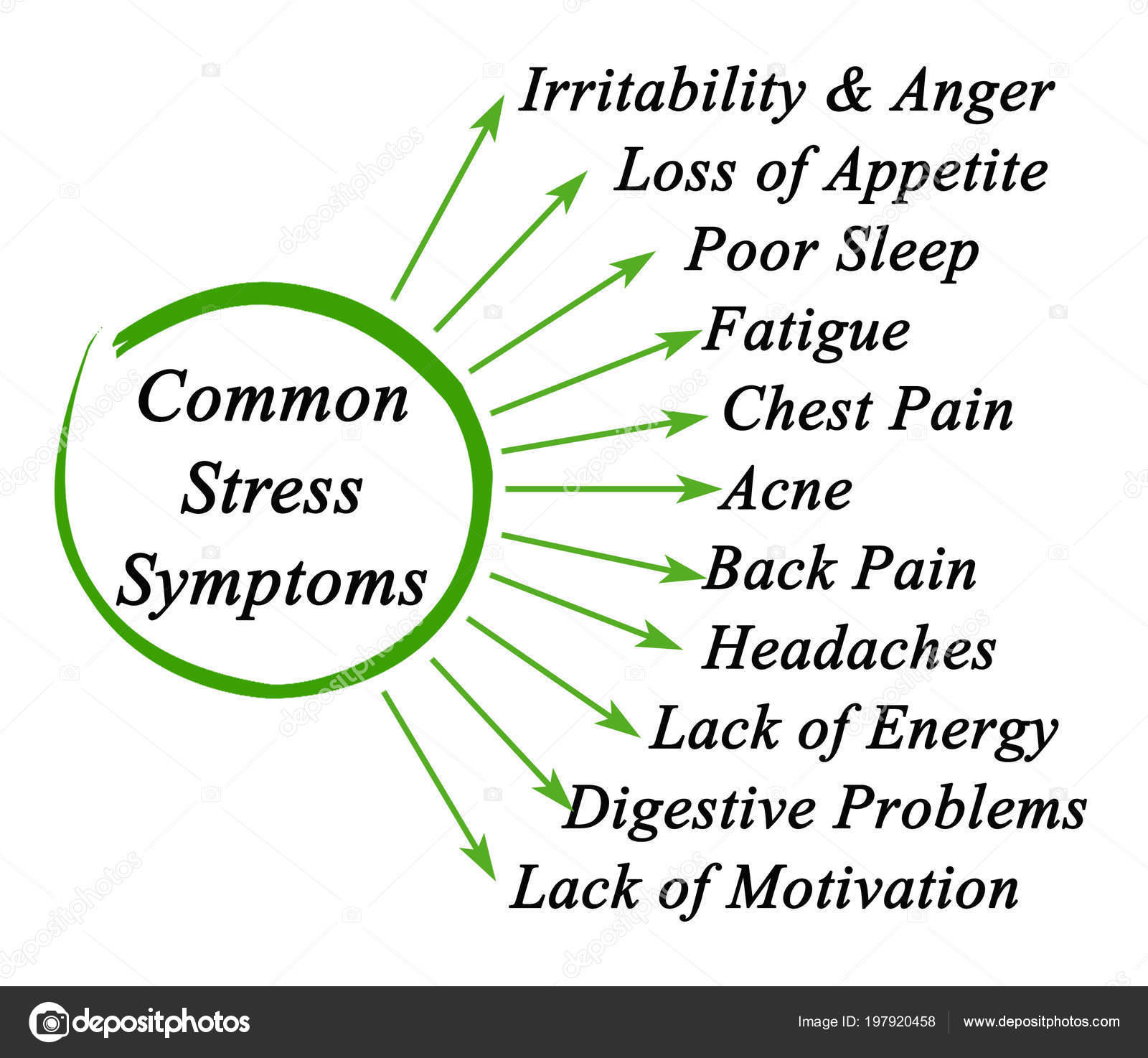 Consider incorporating stress-relieving foods into your daily meals to help you manage your stress levels.
Consider incorporating stress-relieving foods into your daily meals to help you manage your stress levels.
“Make sure that adequate nutrition is being consumed,” Dragomir recommends. “This is how you support your body with enough nutrients that are also useful for memory and cognitive function overall.”
Consider practicing healthy coping mechanisms
When you’re feeling overwhelmed by stress, it can be hard to focus and think about anything else. An effective way to reduce your stress levels is to practice relaxation techniques such as deep breathing or meditation.
“Relaxation techniques decrease overall levels of stress,” says Dragomir. “So, when you feel stressed, breathe. One very popular breathing exercise is to inhale through your nose counting to 4, and exhale through your mouth counting to 6.”
Try to get more rest
It may be difficult to concentrate and remember things when you’re tired and don’t get enough REM or deep sleep.
“Getting adequate sleep will help improve your focus and memory recall. An average of 8 hours of sleep per night is recommended for best results,” Dragomir states.
An average of 8 hours of sleep per night is recommended for best results,” Dragomir states.
The relationship between stress and memory can be complex. While experiencing mild stress can work in your favor — helping you store and retrieve information — too much stress can impact your memory and focus.
Still, the effects of chronic stress on the brain can be mitigated with stress reduction techniques. Taking care of your body with proper nutrition and rest and taking care of your mind with relaxation techniques can help with cognitive function and memory recall.
You may also consider online therapy or mental health apps to discover ways to be supported during stressful times.
Chronic stress-induced memory deficits are reversed by regular exercise via AMPK-mediated BDNF induction
. 2016 Jun 2;324:271-85.
doi: 10.1016/j.neuroscience.2016.03.019. Epub 2016 Mar 11.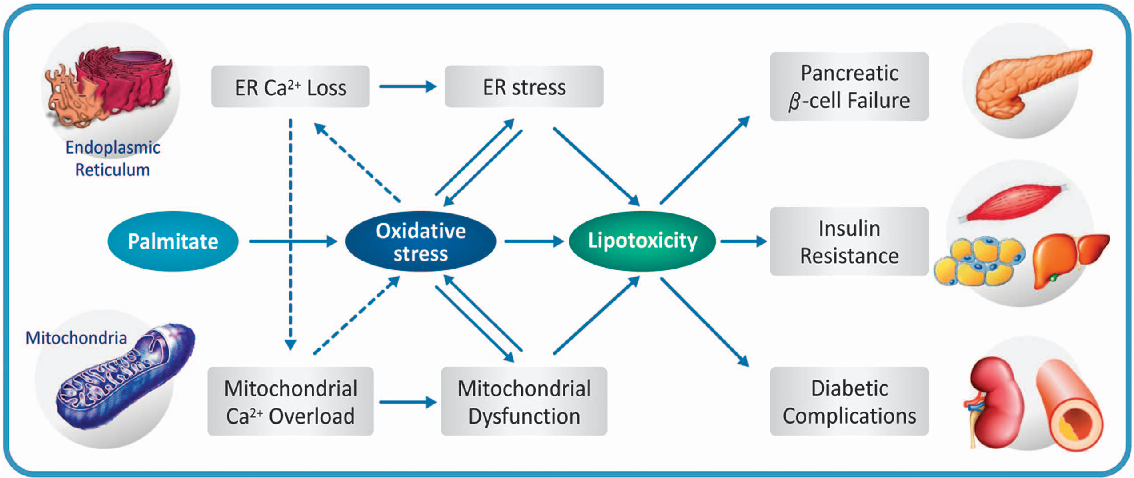
D-M Kim 1 , Y-H Leem 2
Affiliations
Affiliations
- 1 Department of Society of Sports & Leisure Studies, Wonkwang University, 460 Iksandea-ro, Iksan, Jeonbuk, Republic of Korea.
- 2 Department of Molecular Medicine and TIDRC, School of Medicine, Ewha Women's University, Seoul 158-710, Republic of Korea. Electronic address: [email protected].
- PMID: 26975895
- DOI: 10.1016/j.neuroscience.2016.03.019
D-M Kim et al. Neuroscience. .
.
. 2016 Jun 2;324:271-85.
doi: 10.1016/j.neuroscience.2016.03.019. Epub 2016 Mar 11.
Authors
D-M Kim 1 , Y-H Leem 2
Affiliations
- 1 Department of Society of Sports & Leisure Studies, Wonkwang University, 460 Iksandea-ro, Iksan, Jeonbuk, Republic of Korea.
- 2 Department of Molecular Medicine and TIDRC, School of Medicine, Ewha Women's University, Seoul 158-710, Republic of Korea. Electronic address: [email protected].
- PMID: 26975895
- DOI: 10.
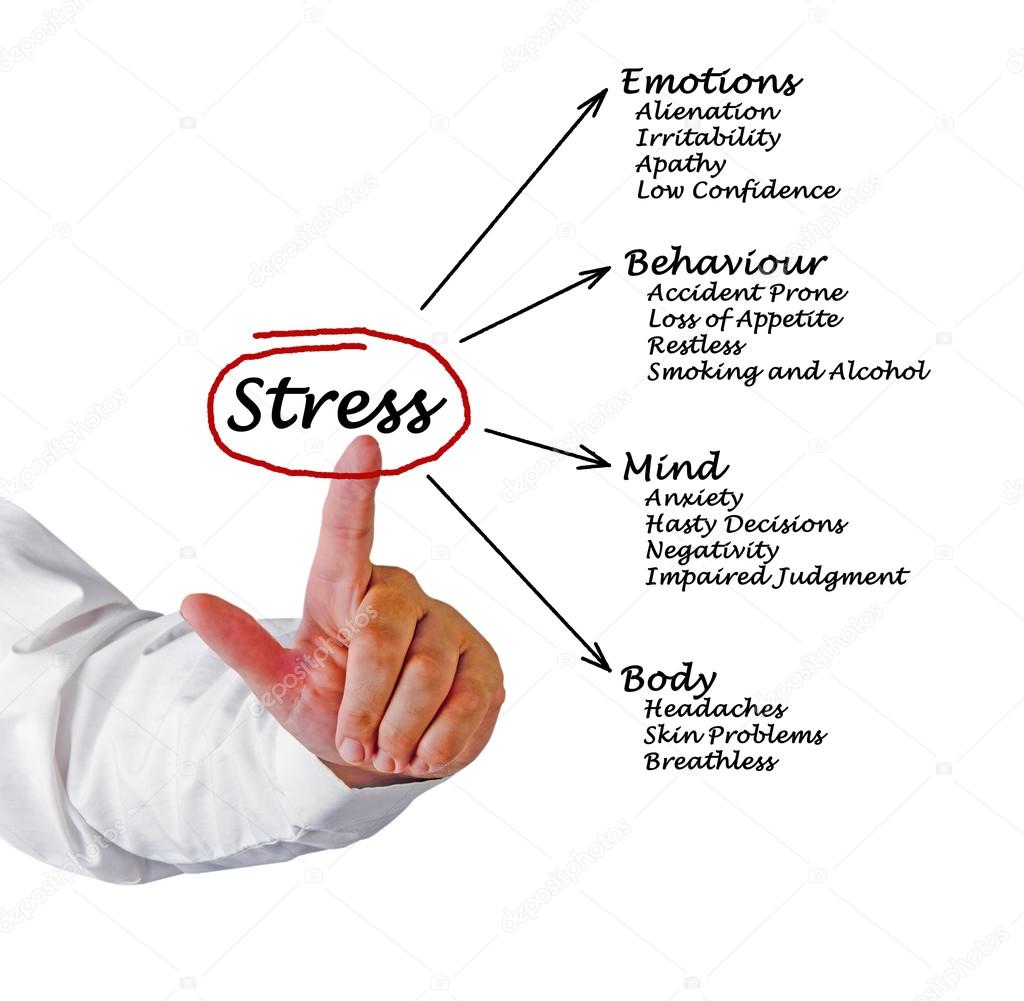 1016/j.neuroscience.2016.03.019
1016/j.neuroscience.2016.03.019
Abstract
Chronic stress has a detrimental effect on neurological insults, psychiatric deficits, and cognitive impairment. In the current study, chronic stress was shown to impair learning and memory functions, in addition to reducing in hippocampal Adenosine monophosphate-activated protein kinase (AMPK) activity. Similar reductions were also observed for brain-derived neurotrophic factor (BDNF), synaptophysin, and post-synaptic density-95 (PSD-95) levels, all of which was counter-regulated by a regime of regular and prolonged exercise. A 21-day restraint stress regimen (6 h/day) produced learning and memory deficits, including reduced alternation in the Y-maze and decreased memory retention in the water maze test. These effects were reversed post-administration by a 3-week regime of treadmill running (19 m/min, 1 h/day, 6 days/week). In hippocampal primary culture, phosphorylated-AMPK (phospho-AMPK) and BDNF levels were enhanced in a dose-dependent manner by 5-amimoimidazole-4-carboxamide riboside (AICAR) treatment, and AICAR-treated increase was blocked by Compound C.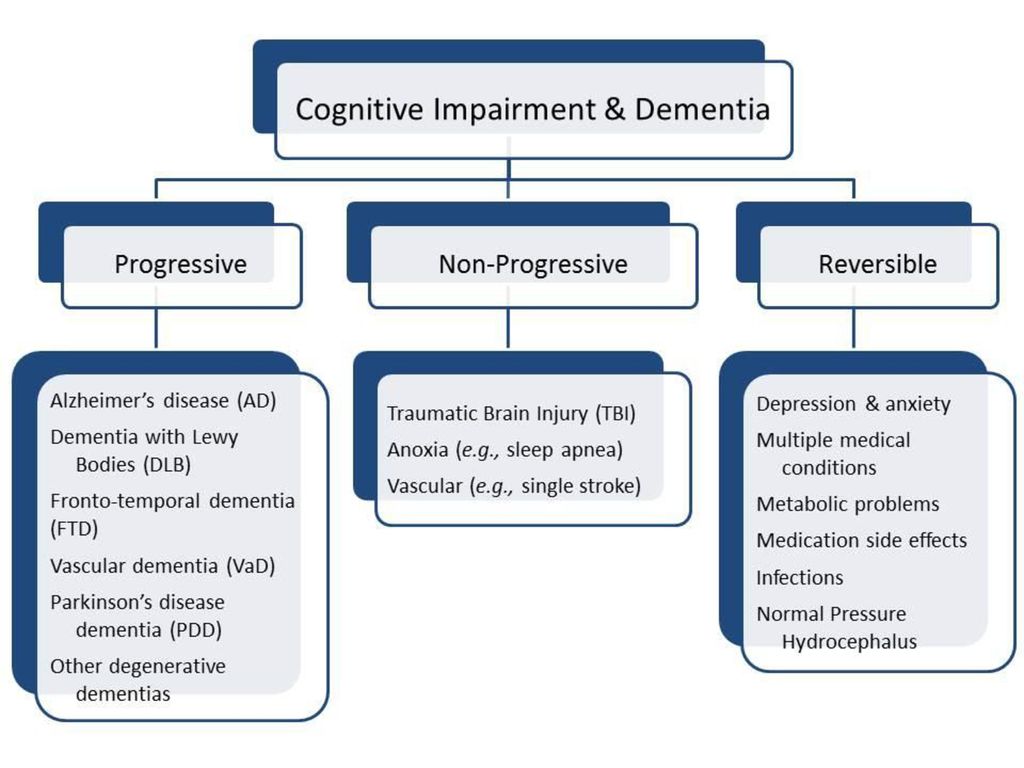 A 7-day period of AICAR intraperitoneal injections enhanced alternation in the Y-maze test and reduced escape latency in water maze test, along with enhanced phospho-AMPK and BDNF levels in the hippocampus. The intraperitoneal injection of Compound C every 4 days during exercise intervention diminished exercise-induced enhancement of memory improvement during the water maze test in chronically stressed mice. Also, chronic stress reduced hippocampal neurogenesis (lower Ki-67- and doublecortin-positive cells) and mRNA levels of BDNF, synaptophysin, and PSD-95. Our results suggest that regular and prolonged exercise can alleviate chronic stress-induced hippocampal-dependent memory deficits. Hippocampal AMPK-engaged BDNF induction is at least in part required for exercise-induced protection against chronic stress.
A 7-day period of AICAR intraperitoneal injections enhanced alternation in the Y-maze test and reduced escape latency in water maze test, along with enhanced phospho-AMPK and BDNF levels in the hippocampus. The intraperitoneal injection of Compound C every 4 days during exercise intervention diminished exercise-induced enhancement of memory improvement during the water maze test in chronically stressed mice. Also, chronic stress reduced hippocampal neurogenesis (lower Ki-67- and doublecortin-positive cells) and mRNA levels of BDNF, synaptophysin, and PSD-95. Our results suggest that regular and prolonged exercise can alleviate chronic stress-induced hippocampal-dependent memory deficits. Hippocampal AMPK-engaged BDNF induction is at least in part required for exercise-induced protection against chronic stress.
Keywords: AMPK; BDNF; chronic restraint stress; learning and memory; treadmill running.
Copyright © 2016 IBRO. Published by Elsevier Ltd. All rights reserved.
Published by Elsevier Ltd. All rights reserved.
Similar articles
-
Blunted response of hippocampal AMPK associated with reduced neurogenesis in older versus younger mice.
Jang S, Kim H, Jeong J, Lee SK, Kim EW, Park M, Kim CH, Lee JE, Namkoong K, Kim E. Jang S, et al. Prog Neuropsychopharmacol Biol Psychiatry. 2016 Nov 3;71:57-65. doi: 10.1016/j.pnpbp.2016.06.011. Epub 2016 Jun 22. Prog Neuropsychopharmacol Biol Psychiatry. 2016. PMID: 27343360
-
Mechanisms underpinning AMP-activated protein kinase-related effects on behavior and hippocampal neurogenesis in an animal model of depression.
Odaira T, Nakagawasai O, Takahashi K, Nemoto W, Sakuma W, Lin JR, Tan-No K. Odaira T, et al.
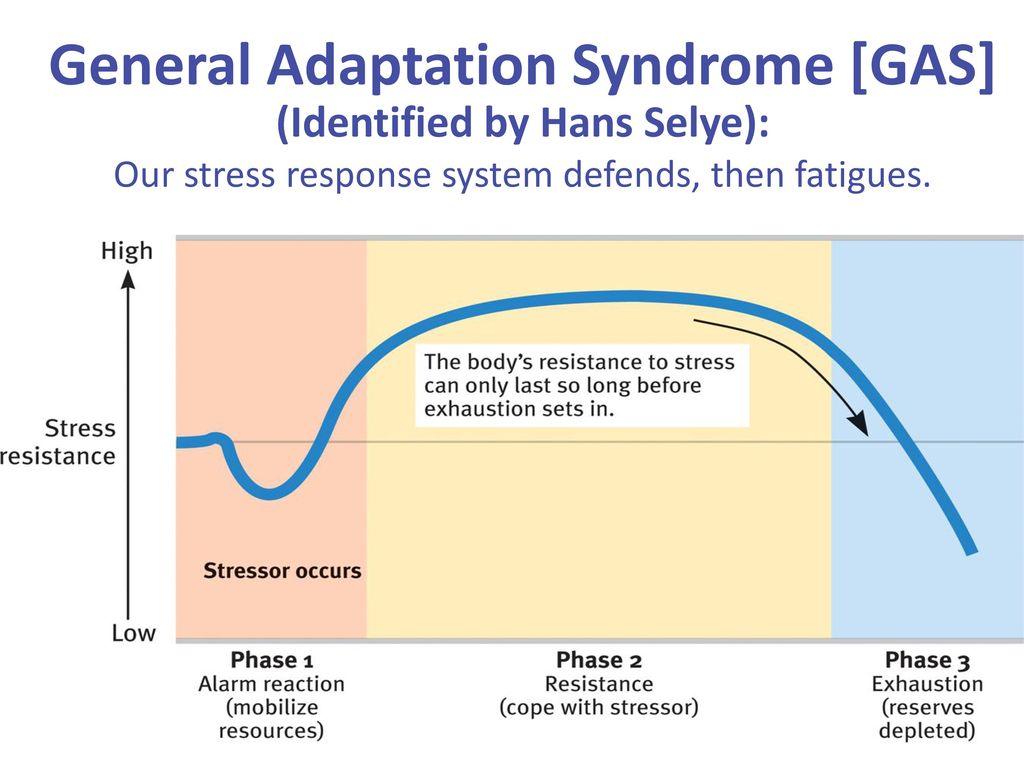 Neuropharmacology. 2019 May 15;150:121-133. doi: 10.1016/j.neuropharm.2019.03.026. Epub 2019 Mar 23. Neuropharmacology. 2019. PMID: 30914305
Neuropharmacology. 2019 May 15;150:121-133. doi: 10.1016/j.neuropharm.2019.03.026. Epub 2019 Mar 23. Neuropharmacology. 2019. PMID: 30914305 -
Effects of harmane during treadmill exercise on spatial memory of restraint-stressed mice.
Nasehi M, Shahini F, Ebrahimi-Ghiri M, Azarbayjani M, Zarrindast MR. Nasehi M, et al. Physiol Behav. 2018 Oct 1;194:239-245. doi: 10.1016/j.physbeh.2018.06.007. Epub 2018 Jun 8. Physiol Behav. 2018. PMID: 29885919
-
Stress and glucocorticoid receptor-dependent mechanisms in long-term memory: from adaptive responses to psychopathologies.
Finsterwald C, Alberini CM. Finsterwald C, et al. Neurobiol Learn Mem. 2014 Jul;112:17-29. doi: 10.
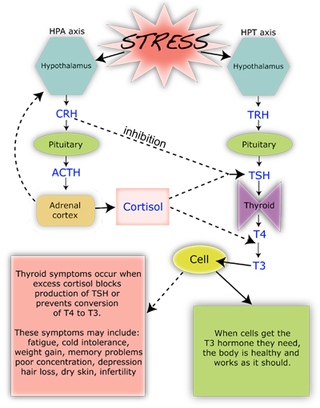 1016/j.nlm.2013.09.017. Epub 2013 Oct 7. Neurobiol Learn Mem. 2014. PMID: 24113652 Free PMC article. Review.
1016/j.nlm.2013.09.017. Epub 2013 Oct 7. Neurobiol Learn Mem. 2014. PMID: 24113652 Free PMC article. Review. -
Protective and therapeutic effects of exercise on stress-induced memory impairment.
Loprinzi PD, Frith E. Loprinzi PD, et al. J Physiol Sci. 2019 Jan;69(1):1-12. doi: 10.1007/s12576-018-0638-0. Epub 2018 Sep 10. J Physiol Sci. 2019. PMID: 30203315 Review.
See all similar articles
Cited by
-
Dysregulation of Synaptic Plasticity Markers in Schizophrenia.
Keshri N, Nandeesha H. Keshri N, et al. Indian J Clin Biochem. 2023 Jan;38(1):4-12. doi: 10.1007/s12291-022-01068-2. Epub 2022 Jul 25. Indian J Clin Biochem.
 2023. PMID: 36684500 Review.
2023. PMID: 36684500 Review. -
Estrogen receptors mediate the antidepressant effects of aerobic exercise: A possible new mechanism.
Zhou R, Wang Z, Zhou B, Yu Z, Wu C, Hou J, Cheng K, Liu TC. Zhou R, et al. Front Aging Neurosci. 2022 Dec 9;14:1040828. doi: 10.3389/fnagi.2022.1040828. eCollection 2022. Front Aging Neurosci. 2022. PMID: 36570542 Free PMC article.
-
Central Adiponectin Signaling - A Metabolic Regulator in Support of Brain Plasticity.
Formolo DA, Cheng T, Yu J, Kranz GS, Yau SY. Formolo DA, et al. Brain Plast. 2022 Oct 21;8(1):79-96. doi: 10.3233/BPL-220138. eCollection 2022. Brain Plast. 2022. PMID: 36448043 Free PMC article. Review.
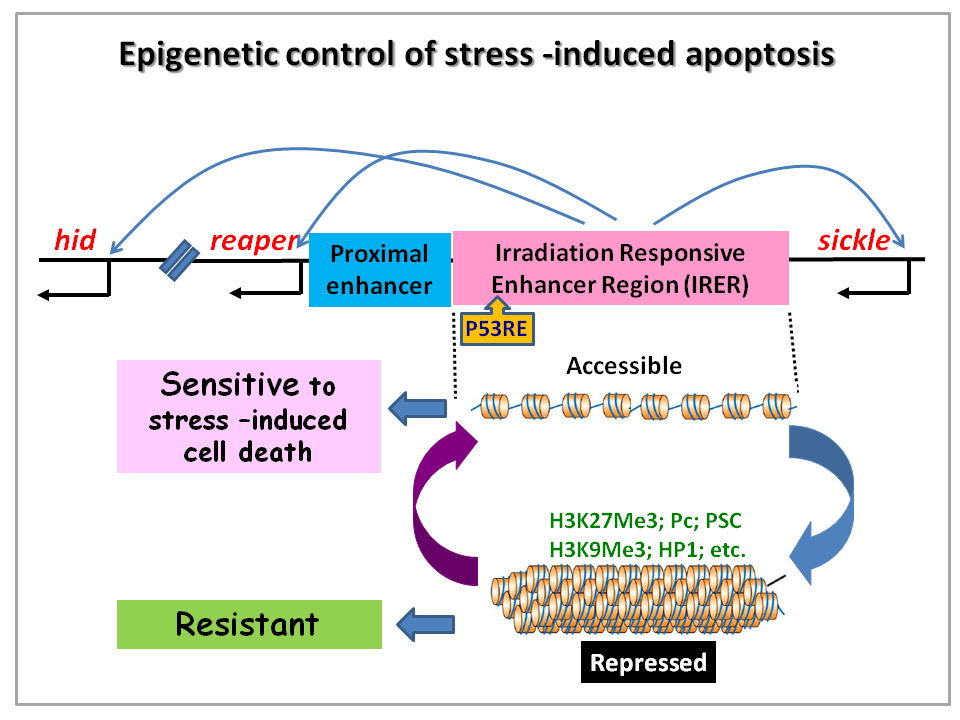
-
Running from Stress: Neurobiological Mechanisms of Exercise-Induced Stress Resilience.
Nowacka-Chmielewska M, Grabowska K, Grabowski M, Meybohm P, Burek M, Małecki A. Nowacka-Chmielewska M, et al. Int J Mol Sci. 2022 Nov 1;23(21):13348. doi: 10.3390/ijms232113348. Int J Mol Sci. 2022. PMID: 36362131 Free PMC article. Review.
-
BDNF and its Role in the Alcohol Abuse Initiated During Early Adolescence: Evidence from Preclinical and Clinical Studies.
Cutuli D, Sampedro-Piquero P. Cutuli D, et al. Curr Neuropharmacol. 2022;20(11):2202-2220. doi: 10.2174/1570159X20666220624111855. Curr Neuropharmacol. 2022. PMID: 35748555 Review.
See all "Cited by" articles
Publication types
MeSH terms
Substances
Effect of stress on memory, Psychology - Gestalt Club
Symptoms of memory loss in stress
One of the most common causes of loss memory is stress. However, unexpected lapses in memory may be symptoms of neurodegenerative disease or dementia, such as Alzheimer's disease. Therefore, it is extremely important to undergo a differential diagnosis in qualified specialist.
However, unexpected lapses in memory may be symptoms of neurodegenerative disease or dementia, such as Alzheimer's disease. Therefore, it is extremely important to undergo a differential diagnosis in qualified specialist.
Various studies have shown that in stressful situations cortisol (glucocorticoid) is released or glucocorticoid hormone of a steroid nature), which can cause memory loss.
Stress memory loss can occur various:
Slight memory lapses. Happen from day to day and are not significant. For example, when we we forget the keys or do not remember where we left the mobile phone or remote from the TV, or when we go to the store and forget something buy from the list, etc.
Significant lapses in memory. For example, when we forget the names of people we know well or the addresses where we visit often, frequently dialed phone numbers, or a pin code our bank card, which we constantly use, etc.
Severe memory loss. These are losses memory caused by severe intense stress - chronic. He may be the result of a traumatic experience or circumstances. Learn what chronic stress is. Such a loss memories can greatly affect our lives. Human can forget important moments or even whole episodes of your life, not remember your age or even your name.
Why chronic stress leads to loss memory
Relationship between stress levels and productivity/memory can be explained using the Yerkes-Dodson law, also known as as "The Inverted U Theory".
According to this theory, under mild to moderate stress, our memory “improves”, but up to a certain point, after which increased levels of anxiety and stress lead to "weakening" memory.
According to the “Glucocorticoid Cascade Hypothesis” (R. Sapolsky, 1986) chronic stress can cause changes in the brain, in as a result of which the axis responsible for our responses to stress (hypothalamic-pituitary-adrenal axis), loses control of situation. Not so long ago, this hypothesis was renamed and received name " Neurotoxicity Hypothesis .”
Not so long ago, this hypothesis was renamed and received name " Neurotoxicity Hypothesis .”
Among the areas of the brain responsible for memory and learning, The hippocampus plays an important role possessing specific glucocorticoid receptors, therefore it very sensitive to them. Glucocorticoids help mobilize energy resources necessary for the body to resist possible stressful situations. However, excess cortisol leads to brain atrophy.
Not so long ago, studies were carried out that, using neuroimaging techniques have shown a reduction in size the gray matter of the hippocampus in humans, over the years suffering from hypercortisolemia (chronic excess of cortisol) due to his illness (Cushing's syndrome). Thus, Stress affects memory and learning, which are closely related to hippocampus, although to this day the complex functioning of this part of the brain.
Thus, hyperactivity of the hypothalamus-pituitary- adrenal glands" is, on the one hand, the result of daily accumulation of stimulating signals due to a stressful situation, and with the other - it is supported by negative influence glucocorticoids.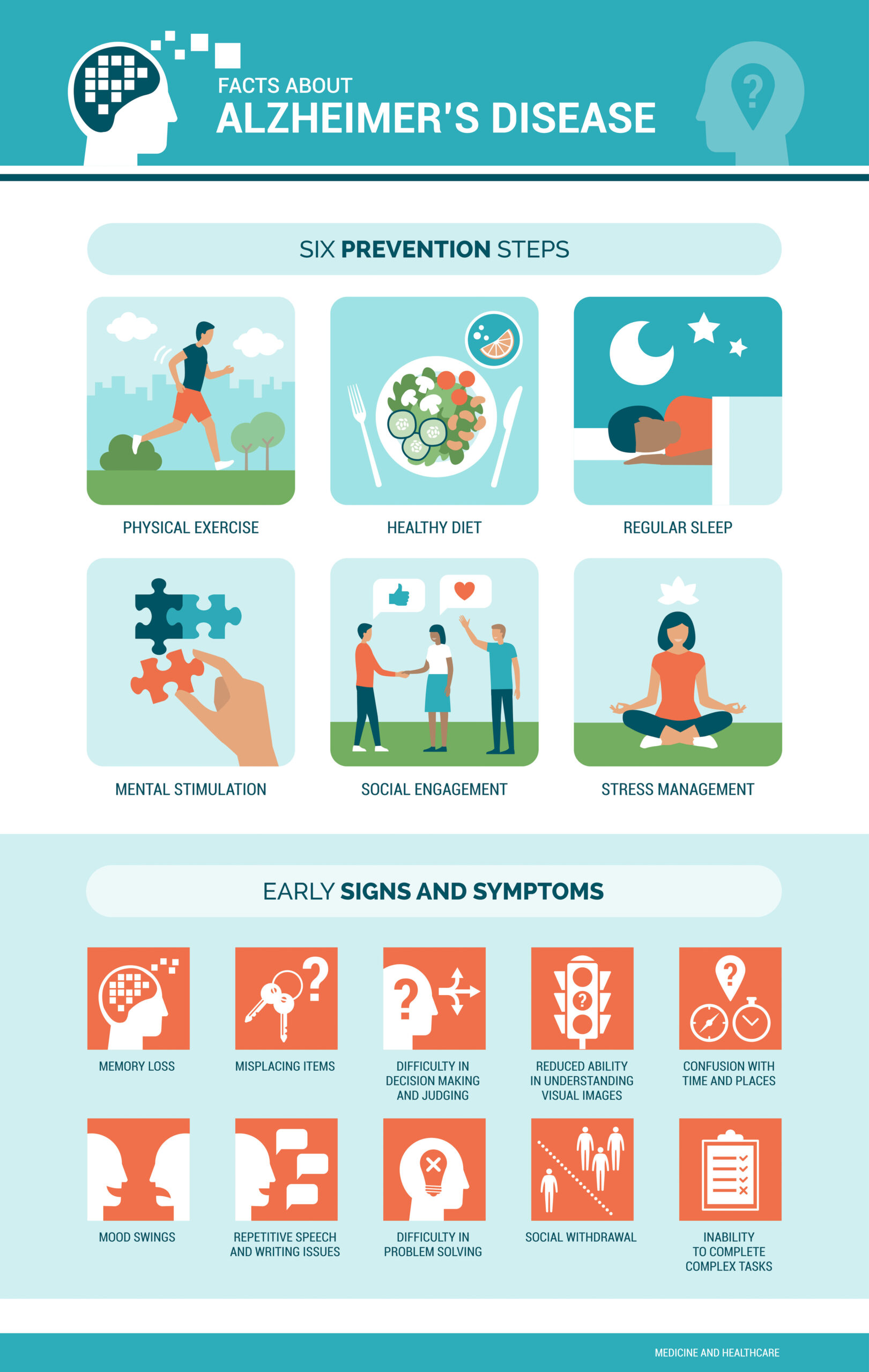 Thus, diseases such as anorexia, weight loss, etc. may indicate a chronic stress of the person suffering from them.
Thus, diseases such as anorexia, weight loss, etc. may indicate a chronic stress of the person suffering from them.
Factors and causes of memory loss in stress
Chronic stress can cause a person to able to respond appropriately to surrounding stimuli.
attention and concentration. This is necessary so that our brain can process correctly information and store it in memory. If the processes of attention are disturbed, remembering the information will be difficult.
When we are overly anxious or irrational fear, even when we are obsessed with something, the process of collecting, storing and recovery information (memory) may be impaired.
In addition, the desire to daily meet the requirements and obligations, multitasking, high expectations, and self-critical work, and we don't even realize it.
Memory loss due to stress is also associated with insomnia, lack of sleep and depressed mood.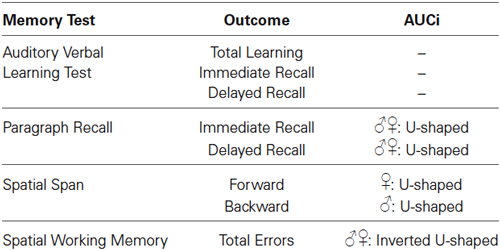
In general, there are various causes of memory loss in due to stress:
Traumatic episodes: these events are imprinted in our memory. We can replay the same scene over and over again in my head until until other memories are erased from memory. IN in the most severe cases, this leads to post-traumatic stress disorder.
Excessive anxiety : when we are too we worry, our attention and thoughts are focused on the same thing. Therefore, it is very difficult for us to perceive and process another information.
General anxiety disorder or OTP: This disorder can develop if a person is in a state of stress and increased nervousness at least least within 6 months.
Panic disorder and panic attacks: affected people experience acute symptoms anxiety. Often in such situations, memory is also impaired.
Obsessive-compulsive disorder or OCD: with this disorder, a person experiences the need to perform rituals (compulsions) that calm him down and give confidence, he cannot refuse them even if wants. Therefore, attention is completely focused on this type memories (implementation of compulsions).
Therefore, attention is completely focused on this type memories (implementation of compulsions).
How to avoid memory loss due to stress: 10 practical advice
Today, thanks to numerous studies, it became known that that how we respond to and overcome various emerging problems and situations, is the most important factor determining stress effects. Therefore, teaching active coping strategies stress will help prevent possible memory problems by cause of stress.
So, how can you deal with stress memory loss?
1. Find different ways to solve the same problem. For Think about what is causing this in this situation. stress and how to deal with it. As you you will find different options, the stress level will begin decrease significantly, because you will no longer have this the problem is presented as "a hopeless situation that has no solutions".
2. Try to focus on the present moment and Try to be in nature at least once a week.:max_bytes(150000):strip_icc()/GettyImages-175408148-56a0b58d3df78cafdaa42fba.jpg)
3. Take time for yourself, listen every day to your needs and requirements.
4. At least a couple of times a week, meet with your friends, laugh and have fun (it has been proven that laughter is very powerful "anxiolytic").
5. Go in for sports. It's a great way to tidy up the body at the hormonal level and naturally get rid of from toxins.
6. Rest the recommended number of hours and, if maybe sleep during the day. Proper rest helps to strengthen our memory.
7. Eat a balanced diet. The diet should be rich in nutrients and vitamins for the brain.
8. Forget about multitasking, about doing 200 things simultaneously. Finish what you started first, and only then move on to the next task. So you can concentrate and focus on what you are doing (in this case, you are less likely to forget where they put a glass of water when they answered the phone etc.)
9. Practice relaxation and/or breathing techniques. exercises. These techniques have been proven to be very positive affect our body at a physiological level, and that maintaining Optimal activation level improves performance our memory.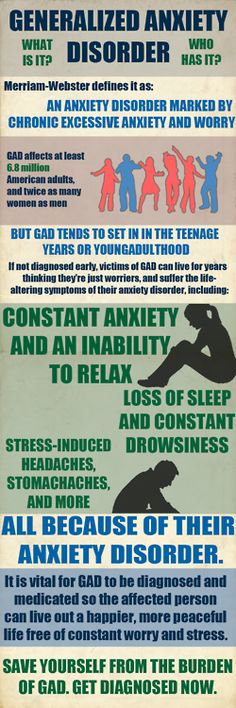
10. Train your memory and concentration. Currently developed clinical programs for cognitive testing, allowing you to assess your cognitive state and improve with the help of exciting games and exercises for the brain weakened cognitive functions. CogniFit ("CogniFit") is one of the most famous and used cognitive stimulation programs.
However, if you are seriously concerned about losing memory as a result of stress, it is necessary to consult a specialist for diagnosis and treatment. Your family doctor and/or psychologist help you find the right solution to your problem.
Author - TANIA PÉREZ CALLEJA
Translation - Anna Inozemtseva
Material - https://yourbrain.health/en/%D0%BF%D0%BE%D1%82%D0%B5%D1%80%D1%8F-%D0%BF%D0%B0%D0%BC%D1 %8F%D1%82%D0%B8-%D1%81%D1%82%D1%80%D0%B5%D1%81%D1%81/
Fundamental guide to know
Our brain uses different structures to work with existing types of memory. There are two main types of memory: short-term memory and long-term memory.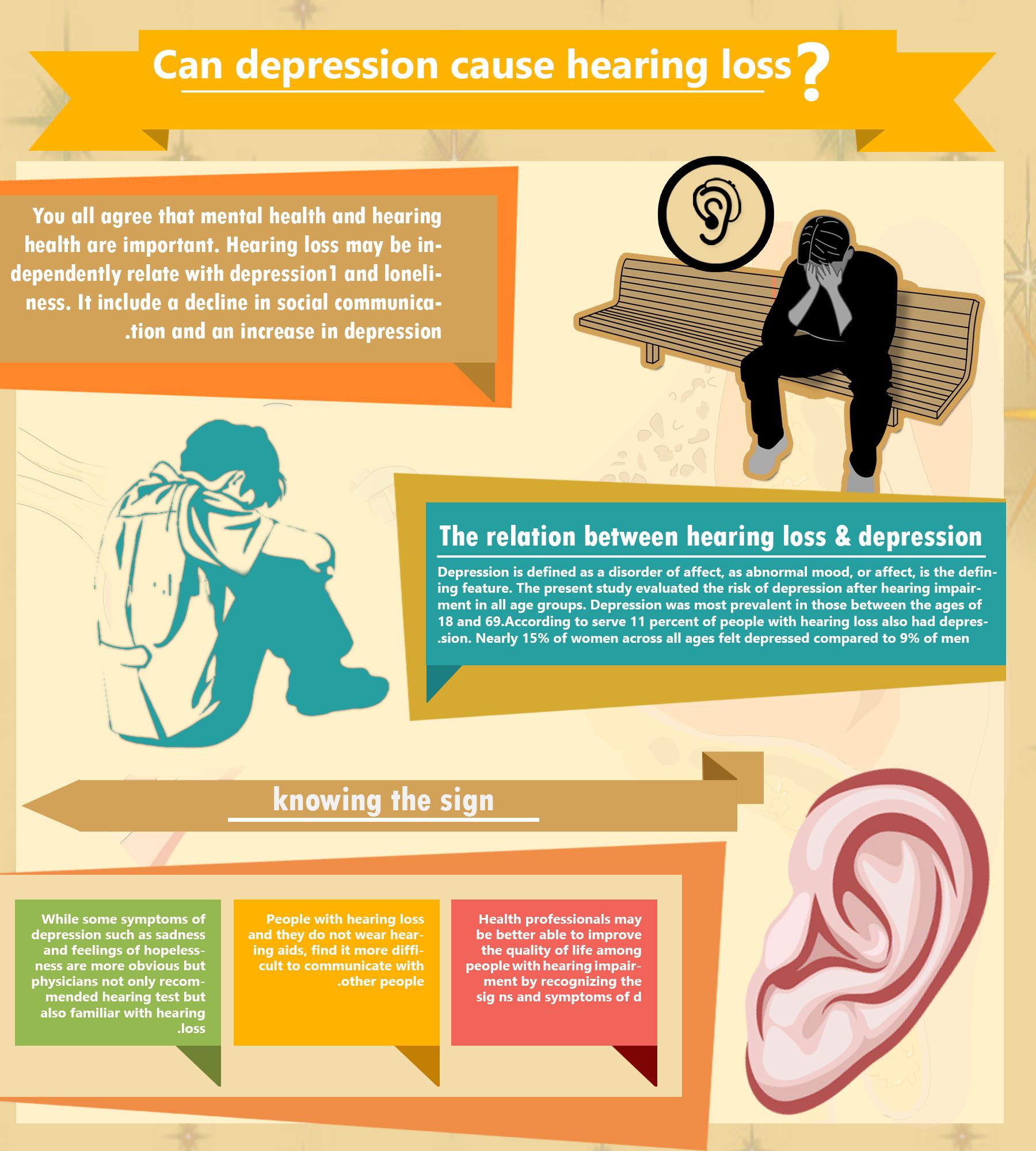 Although dysfunctions of both types of memory are possible, we will focus on Long-Term Declarative Memory.
Although dysfunctions of both types of memory are possible, we will focus on Long-Term Declarative Memory.
- Short-term memory stores a limited amount of information for a short period of time.
- Long-term memory stores a large amount of complex information for a long time. This is what is usually called "memory". In turn, there are two types of Long-term memory: Non-declarative or Implicit Memory (cycling, driving) and Declarative or Explicit memory, used to remember our personal experience or knowledge about the world (what is the name of my relative, where I left clues as to who is in charge of my country, what happened five minutes or five months ago).
What is memory loss and symptoms
When we forget something, we usually don't "lose" the memory itself, but our brain "can't find a way" to what we're trying to remember. This "pathological" loss of memory is called amnesia. Here are some symptoms of memory loss:
- Often lose personal items.
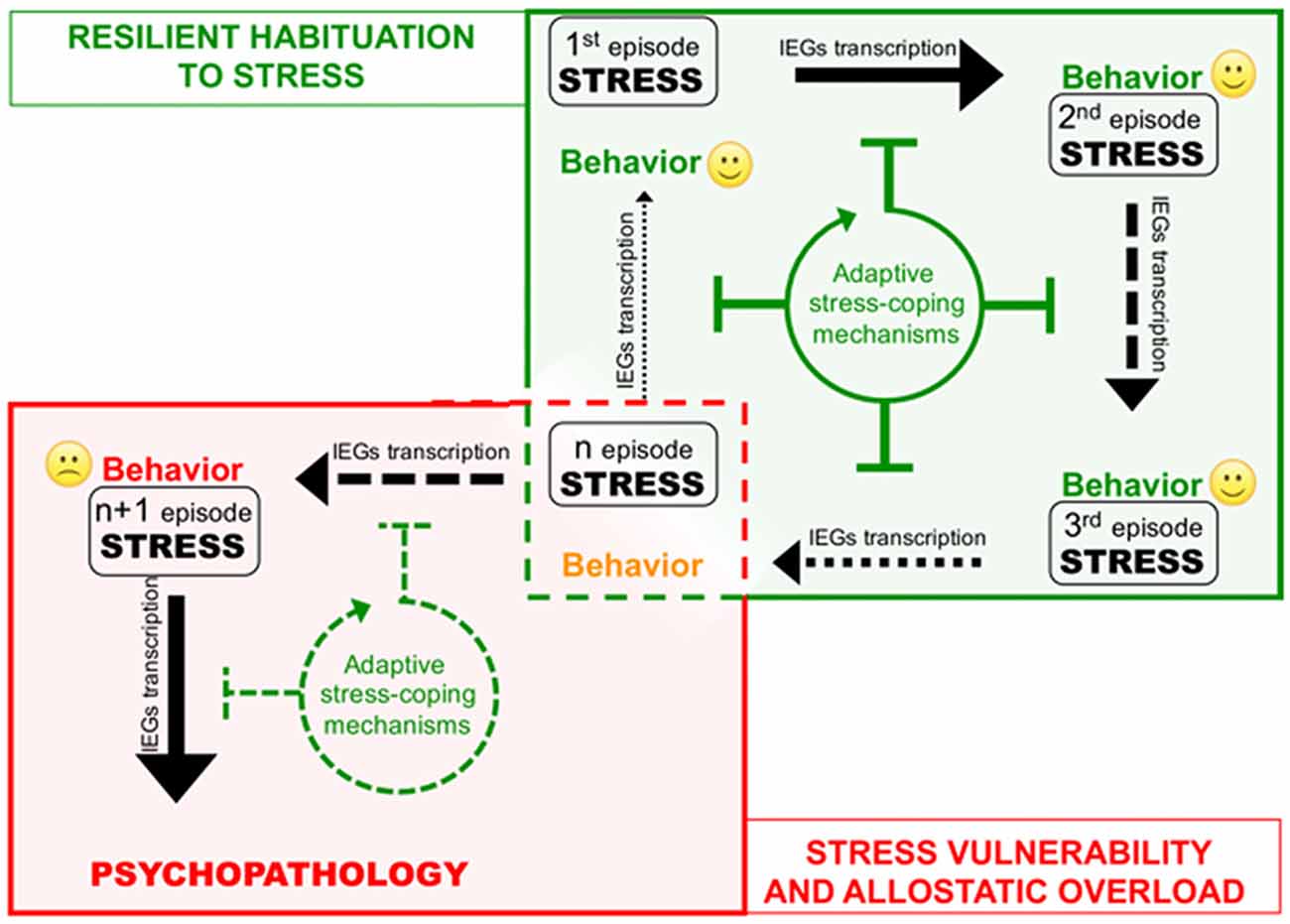
- It's hard to find the right words.
- Asking repeated questions in a conversation or telling the same story over and over.
- Forgetting whether or not you have done something, such as taking medicine.
- Become disoriented or lost in familiar places.
- Confusing year or day of the week.
- Forget about meetings or events.
- Have difficulty making decisions or following instructions.
Types of memory loss: Transient and Permanent
Memory loss can manifest itself in two forms: temporary (transient) and permanent (permanent) memory loss.
- Transient or temporary memory loss is a temporary forgetting of information that is restored in our memory after a while. If we cannot remember the name but then remember it an hour later, or if we wake up in the morning and cannot remember what happened the night before after drinking alcohol, this is considered a temporary memory loss.

- Permanent or permanent memory loss is information that we lose and cannot recover. If we fail to remember, even if we are reminded of it by the other person where we left the keys to the house, or if we forget about the meeting with the brother made the night before, we are dealing with permanent memory loss.
Causes of memory loss: medical, emotional and age-related problems
There are several factors that can lead to involuntary memory loss in both young and old age. Many of these factors are not due to poor memory performance, but due to the interference of other cognitive abilities (such as attention) or certain substances (such as drugs).
- Memory loss due to health problems which, in most cases, are treatable: side effects of certain medications, an unbalanced diet with a reduced content of vitamins B6, B9 and B12 can lead to temporary memory loss, alcohol abuse, thyroid, kidney or liver disease, lack of oxygen in the brain (as stroke), the effects of traumatic brain injury (head trauma), cancer treatment (chemotherapy or radiation therapy), brain tumors or infections, emotional problems (such as depression), and anxiety (such as post-traumatic stress).
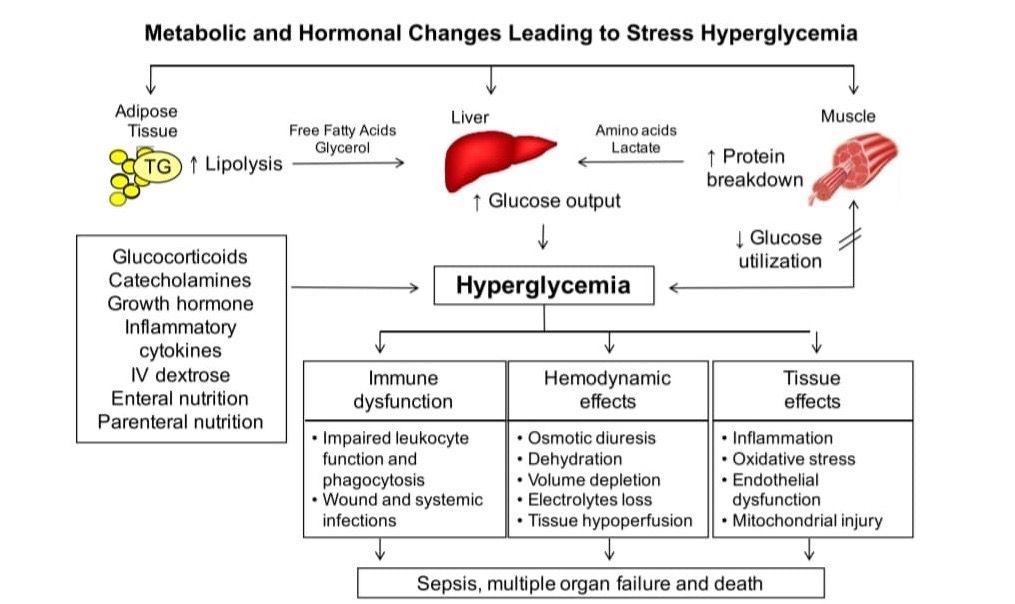
- Loss of memory due to stress, anxiety and other emotional problems : In addition, stress, anxiety and some of the consequences of strong emotions such as anger can cause forgetfulness. If we're in a car accident, stress can make us lose our memories of what happened that morning. But typically, these memory losses occur because we focus on threatening stimuli and remove less meaning from our surroundings. Thus, we can remember what caused us these strong emotions, but we cannot recall all the events that occurred during this time. This occurs in the case of Post Traumatic Stress Disorder and Obsessive-Compulsive Disorder. In these disorders, the person is so focused on the emotional episode or object of obsession that he ultimately does not remember anything except for this stimulus.
- Memory loss with age and normal aging : Although forgetfulness and memory disorders do not occur exclusively in older people, it is true that these people are more susceptible to such problems.
 With age, the ability to learn and the quality of memory can deteriorate even without the presence of any pathology. However, when these problems become more severe than usual, we may speak of mild cognitive impairment or, in more severe impairments, dementia.
With age, the ability to learn and the quality of memory can deteriorate even without the presence of any pathology. However, when these problems become more severe than usual, we may speak of mild cognitive impairment or, in more severe impairments, dementia. - Memory loss due to emotional problems in the elderly: It is common for older people to feel lonely when they lose loved ones, or not to feel useful when they retire. Given these changes, it is normal that some of the older people suffer from emotional disorders such as depression. Depressed older adults may experience feelings of memory loss more often and confuse these symptoms with Alzheimer's disease or other memory problems. Depression can cause serious memory problems in both the elderly and young people, but in the case of older patients, it is very important to conduct an appropriate differential diagnosis in order to rule out the presence of Alzheimer's disease. Although memory problems in people with depression may not be as relevant as in other pathologies, it is necessary to pay attention to the emotional problems that they suffer from.
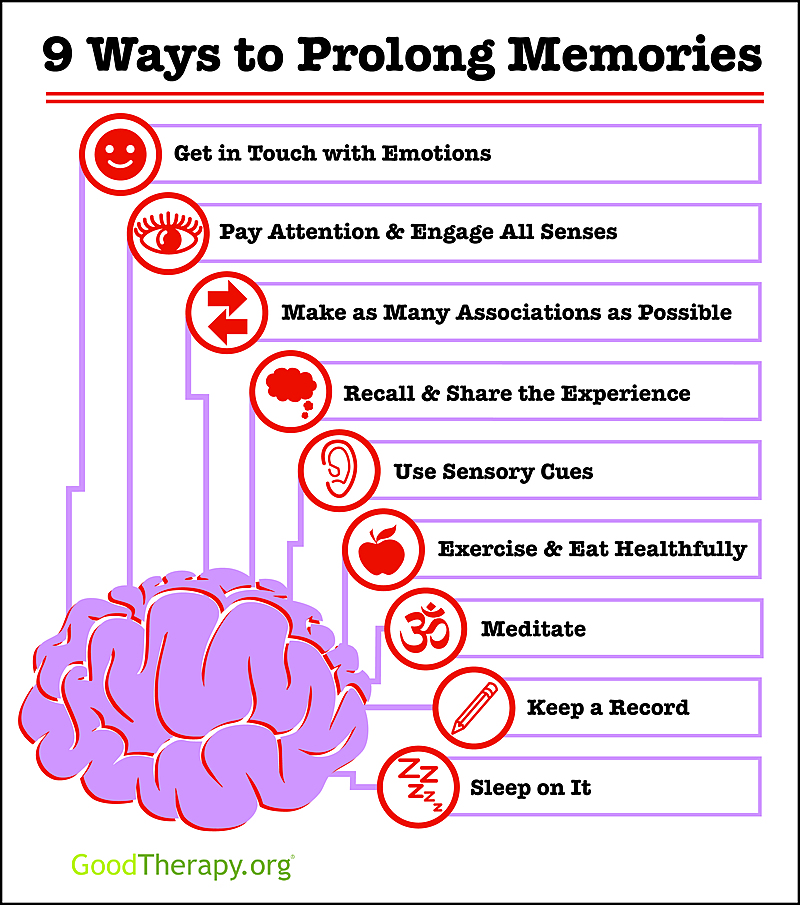
- Mild cognitive impairment memory loss: Mild cognitive impairment is a disorder that results in memory loss but does not interfere with the person suffering from it in their daily activities. Some research indicates that mild cognitive impairment may be an early sign of Alzheimer's disease, although these impairments do not lead to Alzheimer's disease in all cases.
- Memory loss due to dementia is one of the most important health problems affecting older people, but it is not a normal consequence of aging. Dementia usually involves the onset of chronic cognitive problems such as problems with memory, speech, behavior, etc. There are various types of dementia, but the most common form is Alzheimer's disease.
- Memory loss caused by Alzheimer's disease In this disease, a protein called "beta-amyloid" accumulates in neurons, forming senile plaques, until these neurons lose their vitality. This leads to a gradual and severe deterioration in memory, problems with orientation (patients often do not know what day it is and where they are), difficulties in calculations and, in general, with the performance of daily tasks.
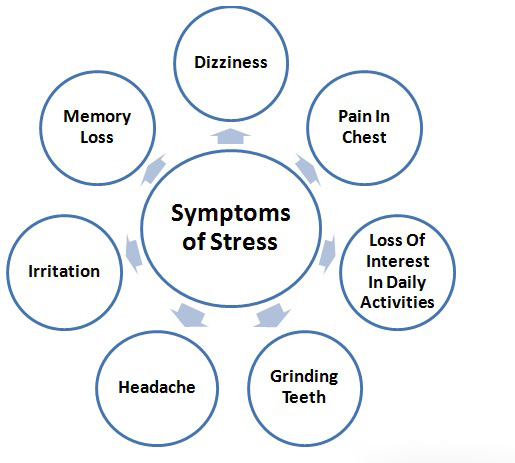 The severity of the disease varies depending on the stage at which the patient is. In the mild stage, a person with Alzheimer's disease may show significant memory loss, become lost in a familiar place, withdraw from routine activities and conversations, forget dates, and exhibit symptoms of depression and hostility. In the moderate stage, cases of memory loss are most prominent, sufferers may forget names or things that happened a few minutes ago, have difficulty shopping or preparing food, may neglect personal hygiene, have speech problems or show aggression, tend to forget their way, and eventually, their daily life becomes impossible without outside help. In the advanced stage, patients may have problems with eating or understanding simple information, they do not recognize relatives and friends, and behave inappropriately in public. At this stage, the person becomes completely dependent.
The severity of the disease varies depending on the stage at which the patient is. In the mild stage, a person with Alzheimer's disease may show significant memory loss, become lost in a familiar place, withdraw from routine activities and conversations, forget dates, and exhibit symptoms of depression and hostility. In the moderate stage, cases of memory loss are most prominent, sufferers may forget names or things that happened a few minutes ago, have difficulty shopping or preparing food, may neglect personal hygiene, have speech problems or show aggression, tend to forget their way, and eventually, their daily life becomes impossible without outside help. In the advanced stage, patients may have problems with eating or understanding simple information, they do not recognize relatives and friends, and behave inappropriately in public. At this stage, the person becomes completely dependent.
Prevention of memory loss
How to prevent memory loss? Factors that have been shown to be most effective in preventing or slowing the progress of Alzheimer's and other memory problems are: healthy sleep , proper nutrition , exercise , an active social life and cognitive activity .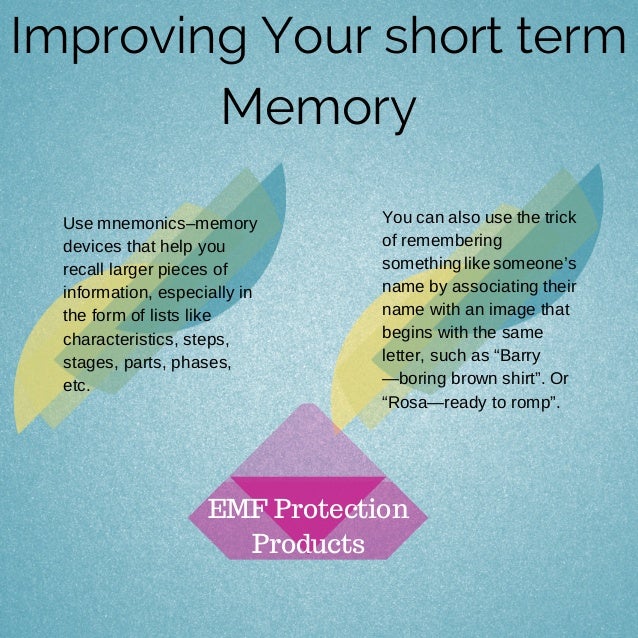 Our brain functions like a muscle: the more actively we use it, the better its condition will be. Conversely, if our brain is not getting enough nutrition and oxygen through exercise, and if we do not apply our social and cognitive abilities, there will be a tendency to atrophy. For this reason, an active and healthy lifestyle can be very beneficial for our memory. CogniFit offers a wide range of scientifically proven exercises to keep your brain active and improve your cognitive abilities. In addition, cognitive activity not only strengthens memory in adults and the elderly, but can also contribute to the development of intellectual abilities in children and young people.
Our brain functions like a muscle: the more actively we use it, the better its condition will be. Conversely, if our brain is not getting enough nutrition and oxygen through exercise, and if we do not apply our social and cognitive abilities, there will be a tendency to atrophy. For this reason, an active and healthy lifestyle can be very beneficial for our memory. CogniFit offers a wide range of scientifically proven exercises to keep your brain active and improve your cognitive abilities. In addition, cognitive activity not only strengthens memory in adults and the elderly, but can also contribute to the development of intellectual abilities in children and young people.
Cognitive Stimulation allows you to stimulate, train and strengthen various cognitive abilities such as attention, perception, memory, speech and executive functions. These are precisely the abilities that can be impaired in dementia and other diseases associated with memory loss. By doing exercises that involve various cognitive abilities, we help the brain to strengthen neural connections, preventing damage to it. However, cognitive stimulation cannot be random, it needs to be applied with reliable techniques and detailed organization, according to the needs of each patient. CogniFit focuses on personalizing your exercise program to maximize your workouts and help prevent cognitive problems.
By doing exercises that involve various cognitive abilities, we help the brain to strengthen neural connections, preventing damage to it. However, cognitive stimulation cannot be random, it needs to be applied with reliable techniques and detailed organization, according to the needs of each patient. CogniFit focuses on personalizing your exercise program to maximize your workouts and help prevent cognitive problems.
In addition, proper sleep patterns and frequent reading help keep your memory in good condition. Of course, it is necessary to give up bad habits associated with the use of alcohol, tobacco or other drugs - this will help strengthen both memory and overall health.
When should you seek help? Detect and evaluate memory problems
It is very common for people with memory problems to be unaware of their existence, so these problems are usually first discovered by their relatives.
On the other hand, people prone to anxiety and depression can dwell on their mistakes.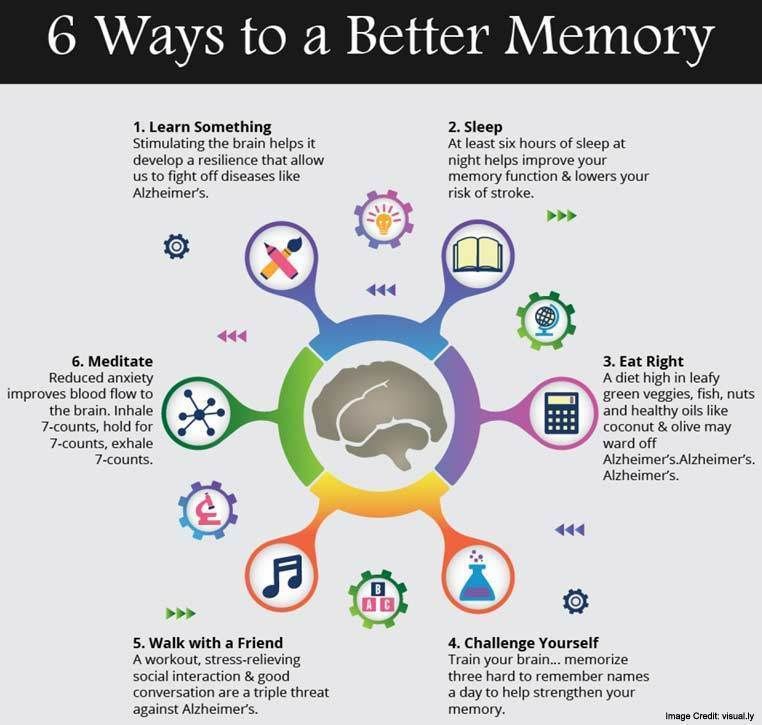 Often they overestimate their forgetfulness, thinking that they have memory problems, but this is far from always the case. If we sometimes suddenly forget the name of an object or the name of a person with whom we usually communicate a lot, or forget why we went to the room or where we left the keys, or forget to take lunch to work - this is not a cause for concern.
Often they overestimate their forgetfulness, thinking that they have memory problems, but this is far from always the case. If we sometimes suddenly forget the name of an object or the name of a person with whom we usually communicate a lot, or forget why we went to the room or where we left the keys, or forget to take lunch to work - this is not a cause for concern.
However, if the person is having trouble doing daily tasks, or if they seem confused and disoriented, it is time to see a doctor. It is recommended to write down all the information about the course of the impairment: when did the memory problems start, what kind of deterioration was observed, what type of information is forgotten, how it affects daily, social and work life. The attending physician must make an accurate diagnosis and determine whether the patient has memory problems, and if so, what kind of problems they are. When in doubt, it is always best to consult a specialist.
However, short episodes of memory loss do not mean that we are talking about serious memory problems, let alone Alzheimer's disease.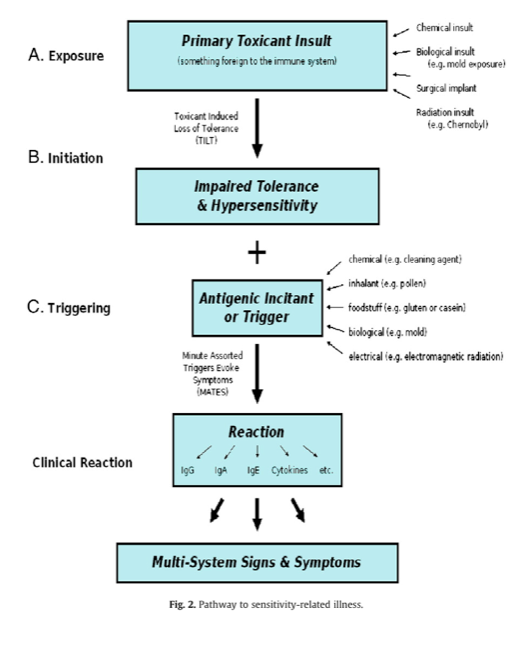 We all forget something from time to time, and this is normal (mild memory loss). Our brain has to forget something in order to process new information correctly.
We all forget something from time to time, and this is normal (mild memory loss). Our brain has to forget something in order to process new information correctly.
How to treat or reduce memory loss?
Treatment of dementia should be carried out from a multidisciplinary point of view. Depending on 9 the type of disease, the phase in which the patient is, and specific characteristics of the patient, the participation of a neurologist, family doctor, internist, geriatrician, psychologist, neuropsychologist, speech therapist, physiotherapist, occupational therapist and nursing staff may be required .
In the case of Alzheimer's disease, the attending physician must develop an appropriate diagnosis and treatment. In addition, exercises for cognitive stimulation of the brain of patients with Alzheimer's disease at an early stage can be included in the treatment program. In more advanced stages, as a rule, other types of treatment are used, including medication. Despite the fact that Alzheimer's disease is currently considered incurable, these drugs are aimed at maintaining the patient's impaired abilities and behavioral problems associated with this disease.
In more advanced stages, as a rule, other types of treatment are used, including medication. Despite the fact that Alzheimer's disease is currently considered incurable, these drugs are aimed at maintaining the patient's impaired abilities and behavioral problems associated with this disease.
In addition, taking preventive measures can help slow the progression of dementia once such a diagnosis has been made. Combining drug treatment with proper diet, exercise, social life and cognitive stimulation helps to minimize the effects of dementia in the patient's daily life.
What if a family member has memory loss?
In case of undiagnosed memory problems with your friend, you should recommend contact specialist . It is normal to receive a rejection of offered care, as many patients are not aware of their problems. Therefore, one should approach this issue with patience and caution .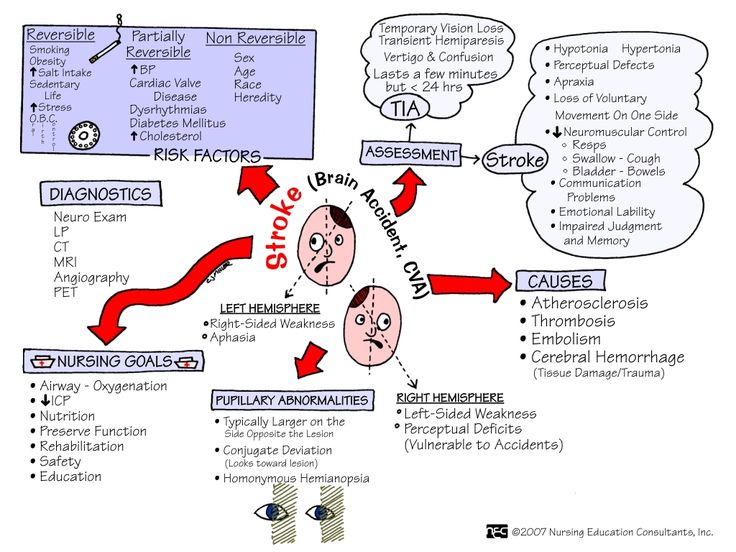
Once the doctor has made a diagnosis, follow his instructions. If this is a mild stage of the disease, we should help this person to carry out the daily tasks of both at home and socially. One of the main problems of Alzheimer's disease is temporary disorientation, so it is important to place clocks and calendars in the patient's field of vision. Despite the fact that the disease interferes with the learning process, it is strongly recommended to accustom the patient to use a diary and not reduce the usual volume of tasks. Close people should help him follow the doctor's recommendations, take the pills correctly and carry out the activities associated with the treatment. It can be very difficult for a patient to accept their diagnosis. Therefore, it is very important to him emotional support for loved ones, so that the situation is not perceived so painfully. If symptoms of depression are found, a doctor or psychologist should be informed as soon as possible.